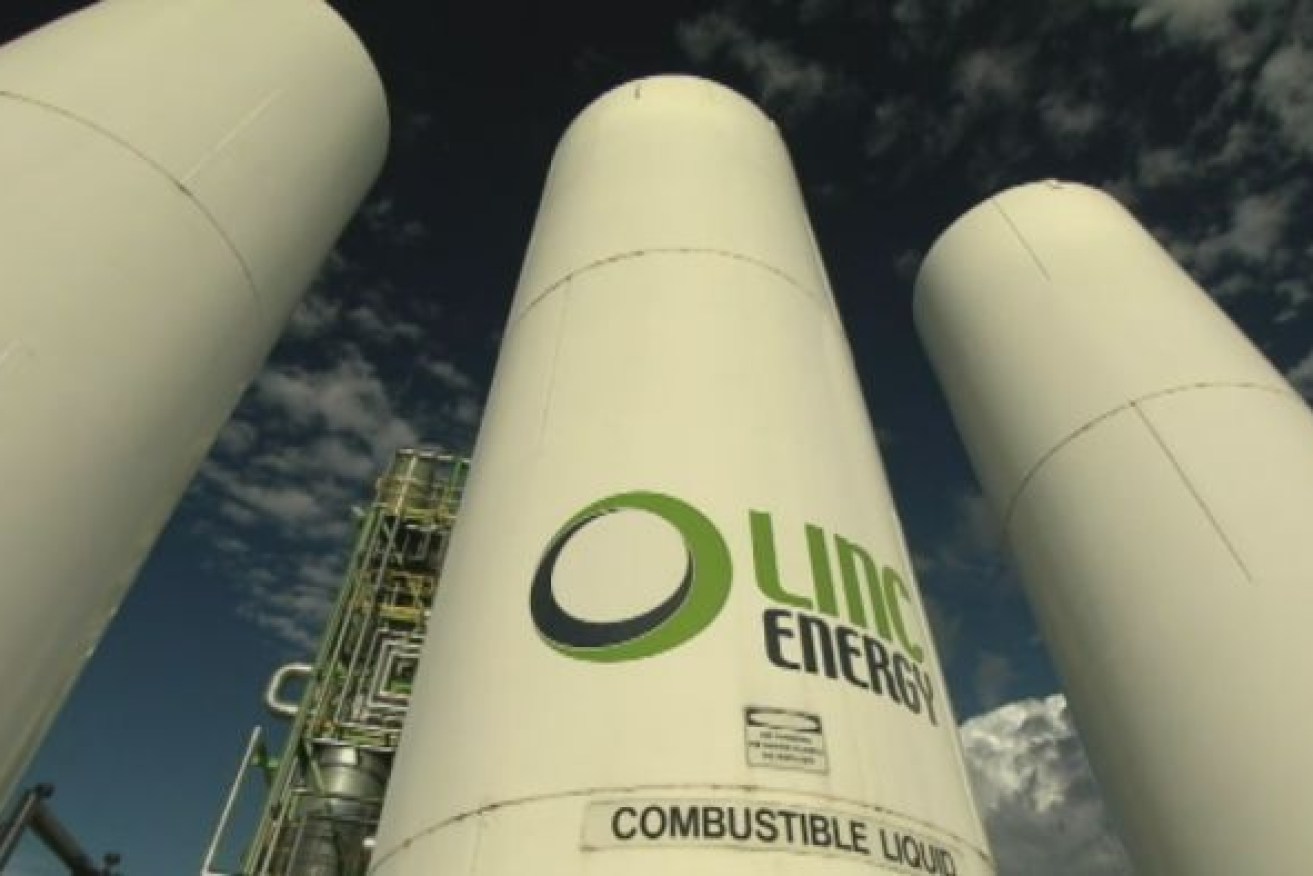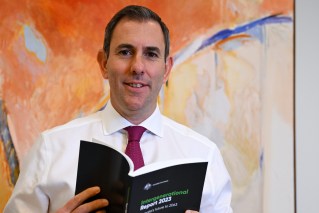Scanlon closes Linc loophole as Government gets early veto on mines
The State Government has closed a legal loophole that allowed Linc Energy’s directors to escape prosecution and included an “early no” in project approvals that would stop schemes like Clive Palmer’s coal proposals in their tracks.


Remediation of the plant's site near Chinchilla is expected to take decades. Photo: ABC
The Government legislative amendments passed yesterday would also mean that projects can no longer sit in the queue for years. Instead, the reforms would mean that an environmental impact statement remains current for only three years.
The Government said that during consultation with stakeholders it was found that in some instances EISs upwards of 10 years old were being relied upon for project proposals, often with outdated information.
A loophole has also been closed that would allow responsible directors and officers accountable for environmental harm. This follows the collapse of a high-profile case against Linc Energy’s directors following the alleged contamination of land near Chinchilla from its coal gasification project.
The case collapsed because the directors had since left the company, which by then was a shell, but it meant no one was held responsible for the damage.
Environment Minister Meaghan Scanlon said it was important company executives who did the wrong thing were held accountable for their acts or omissions and these changes reflect the original intent and would prevent directors avoiding potential liability by resigning from their role.
The amendments will give effect to the original intent by ensuring that the relevant provision recognises both when an offence occurs and when an act leading to the offence happened.
However, the amendments would not have any retrospective effect to re-prosecute Linc’s directors.
Departmental officers would also be able to use body-worn cameras and drones in their investigation work.
The amendments also meant that companies must make public notification of any major changes to ensure the community was made aware of it.
Scanlon said community expectations were evolving, along with technology, and it was vital that laws remained modern and reflected changes.
“This is about making sure that we have certainty for landowners and industry while also making sure that we continue to protect the environment and that the independent regulator can effective in its role,” She said.
The Queensland Resources Council said its members were concerned about the executive officer liability because there was no corresponding extension of defence. It also raised concerns about the “early no” and it had also asked for a delay of six months in the assent for public notification, which was rejected by the Government.











